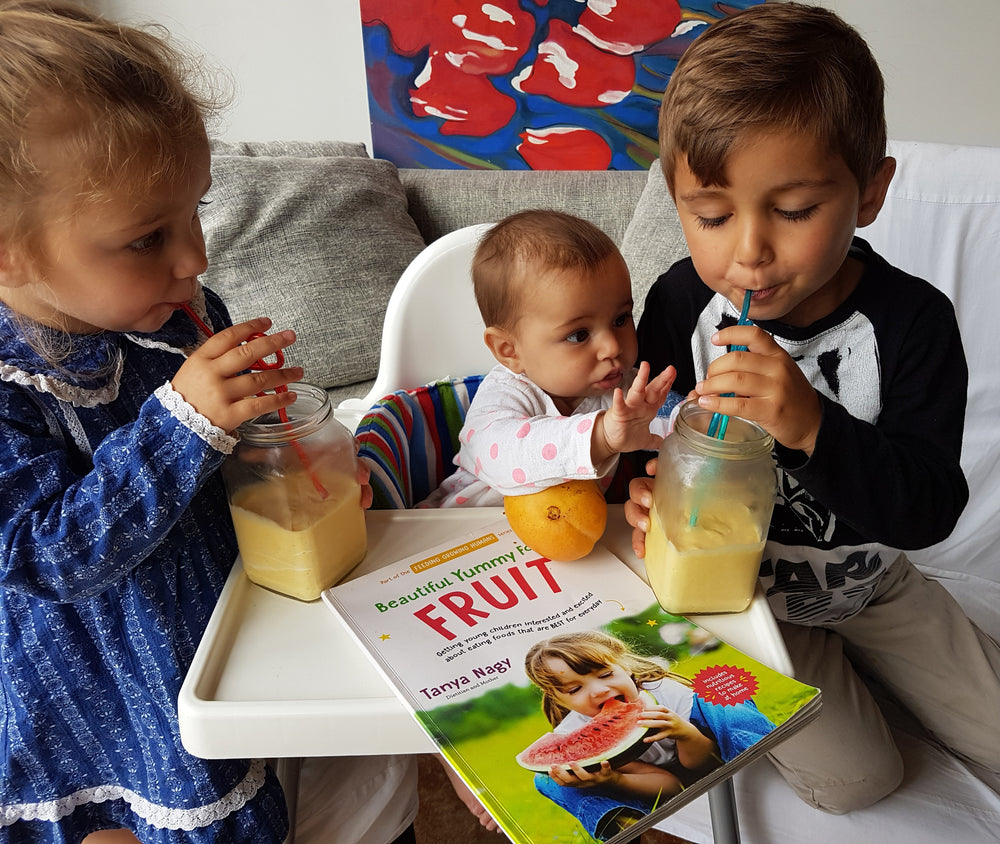Signs that Your Baby is Ready for Solid Foods

Safe Food Introduction: When and Why?
The physical and safety factors for food introduction are our only considerations when we introduce foods and other fluids to our babies for the first time. Some people can be quite carefree about it and many old school ways remain uneducated; so combatting other opinions and tactics can be a genuine challenge. Back yourself with knowledge to combat those "know it all's" easier and do what is safe for your baby and you.
We will outline the "Why?" and "When?", but read the next articles in our series later on, on the "How?" and "What?.
When Should You Introduce Solid Foods to Your Baby?
The safe and recommended age to introduce “solids” and fluids that are not breast milk or infant formula is at 6 months of age, when most baby’s immune systems and developmental milestones will have matured enough to manage new foods without causing harm and discomfort.
Solids should be provided complimentary to breast milk or infant formula from 6 months and until 12 months of age, to support your baby’s nutritional needs during this important growth phase.
How do you Know Your Baby is Ready for Solids? What are the Signs?
The signs of being ready to start solids include, most importantly, the physical abilities such as strength and swallow and secondly, the interest. Some common signs are:
- They can sit up right with no assistance or support.
- They have strong neck/head control, holding their head up independently.
- They are watching what you eat with interest and may try to grab your food.
- They may mimic the chewing motion from you.
- They open their mouth when you put a spoon of food near them.
- They no longer thrust their tongue in and out of their mouth (tongue poke reflex).
Why can't I give my baby solid foods before 6 months?
Being so new to the outside world, your baby’s immune system, organs and swallow reflex will not be developed enough to take solid foods or other fluids until between 4 and 6 months of age without risk.
On a basic mechanical level, new textures and consistencies require strong muscles to sit upright and swallow to avoid choking. On a deeper level that is hard to see, foods and other fluids contain natural pathogens and proteins that their under-developed systems cannot manage.
Introducing solids too early increases your babies risk of kidney damage, diarrhea, constipation and even food poisoning.
Where Can I Get More Information?
There are many free credible resources around. The NHMRC Guidelines are for Health Professionals and the Department of Health has Guides for Parents . Please ensure you are reading and accessing information from health professionals that are trained and use accepted and safe methodologies.

